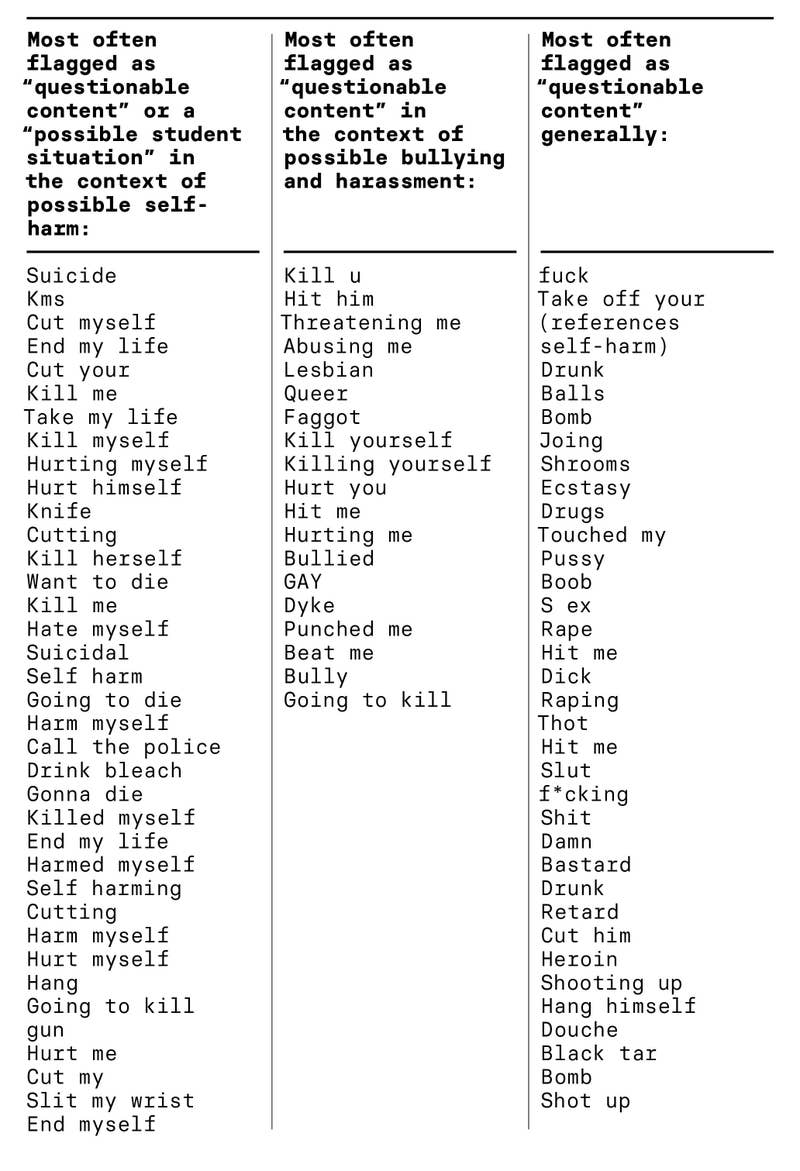When Facts Get In The Way, Change Them
When Six Flags purchased two identical Intamin Impulse Coasters in 2001, they placed one of them in Marine World (now Discovery Kingdom) in Vallejo, California. The ride’s height surpassed the city’s limitation of 150 feet so they solved the problem by changing the marketing. The press release announcing the coaster being built at Six Flags Great America stated that “the vehicle rockets up a 185-foot spiral tower”. It then went on to state that “after traversing the first peak, the guests swoop backward through the station and up a second, 185-foot tower.” However, the Marine World release touted the identical roller coasters as having “two 150-foot vertical sky towers.” Both rides were described as having a “630 feet of U-shaped” track.
Eventually, Vallejo city officials noticed that there were 35 additional feet of steel on each of the coaster’s two towers. Before opening in 2002, the coaster was modified so that it conformed to the city’s building codes.
Trump’s fans are more gullible than the city of Vallejo. They think that their president has saved the economy even if it has been almost five years since the GDP grew by 5.5% in a quarter. Also, by this point in the Obama presidency, stocks had risen by 50.6%. Trump’s supporters think that he is doing better with a growth of 37.7%. Even with the tax cuts that plunged our country deeper into debt, 1.493 million fewer jobs were created during Trump’s first 31 months in office than in Obama’s last 31 months.
The willful ignorance of the Trump base is a direct result of his mastery of branding. Before the public even had a chance to see the Mueller Report, he had his Attorney General mischaracterize the findings by stating that there was “no collusion, no obstruction.” It was a message repeated ad nauseam by the President and his fellow purveyors of fake news. When the report was finally released it did not matter that Mueller had actually shown that Trump and his campaign had committed both.
The same strategy is being used as Trump edges towards becoming the third president in American history to be impeached. His supporters cling to a narrative that ignores the contents of a transcript between the American and Ukrainian presidents to claim “no quid pro quo.” Trump himself has become so invested in the lie about his “perfect call” that he reportedly would like to read the evidence against him aloud in a nationally televised fireside chat.
Unfortunately, the virus that creates false realities has not been isolated to the White House. In Los Angeles, School Board Member Nick Melvoin was caught red-handed conspiring with the charter school industry to hand over CONTINUE READING: When Facts Get In The Way, Change Them - Carl J. Petersen - Medium




























